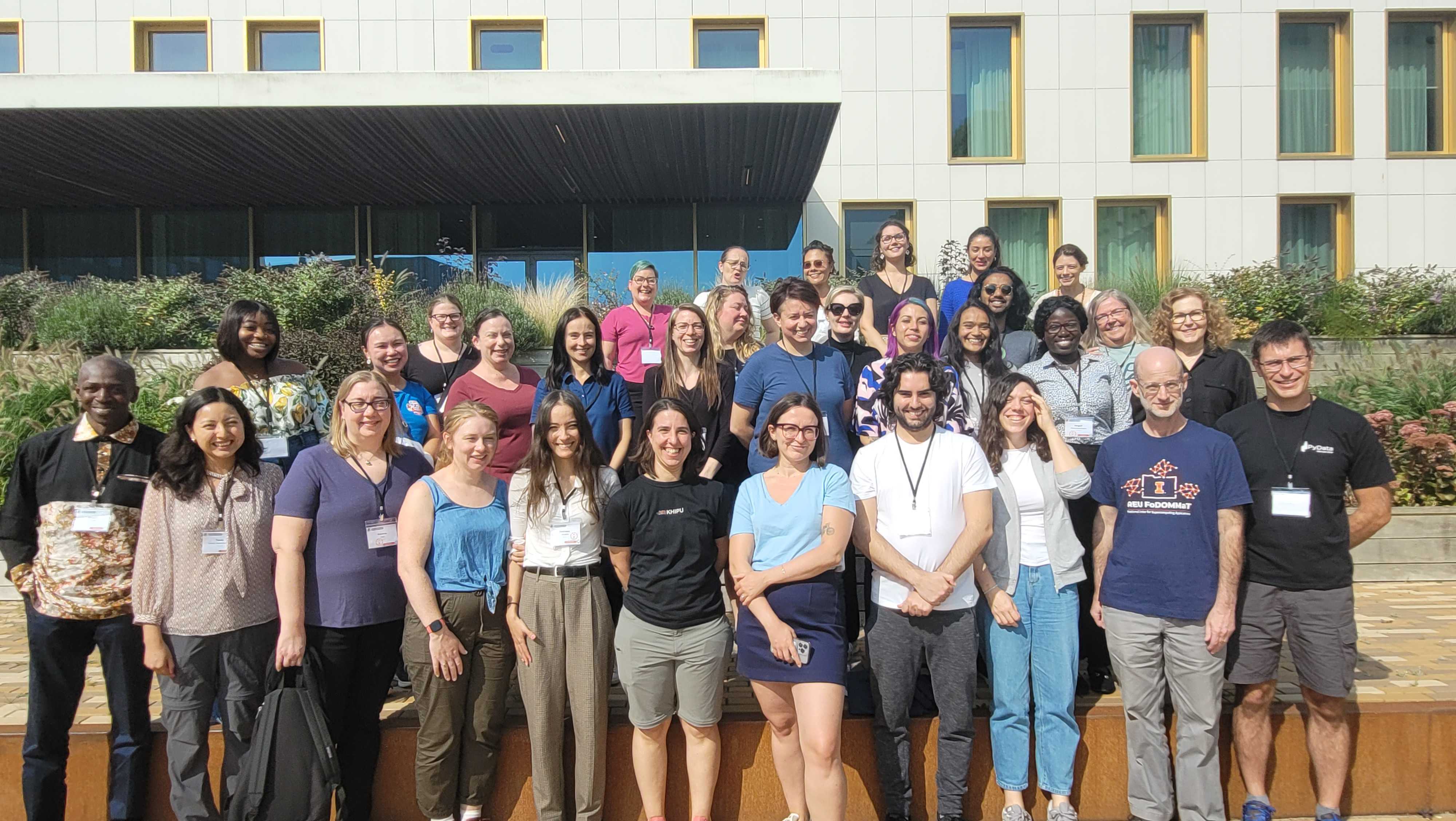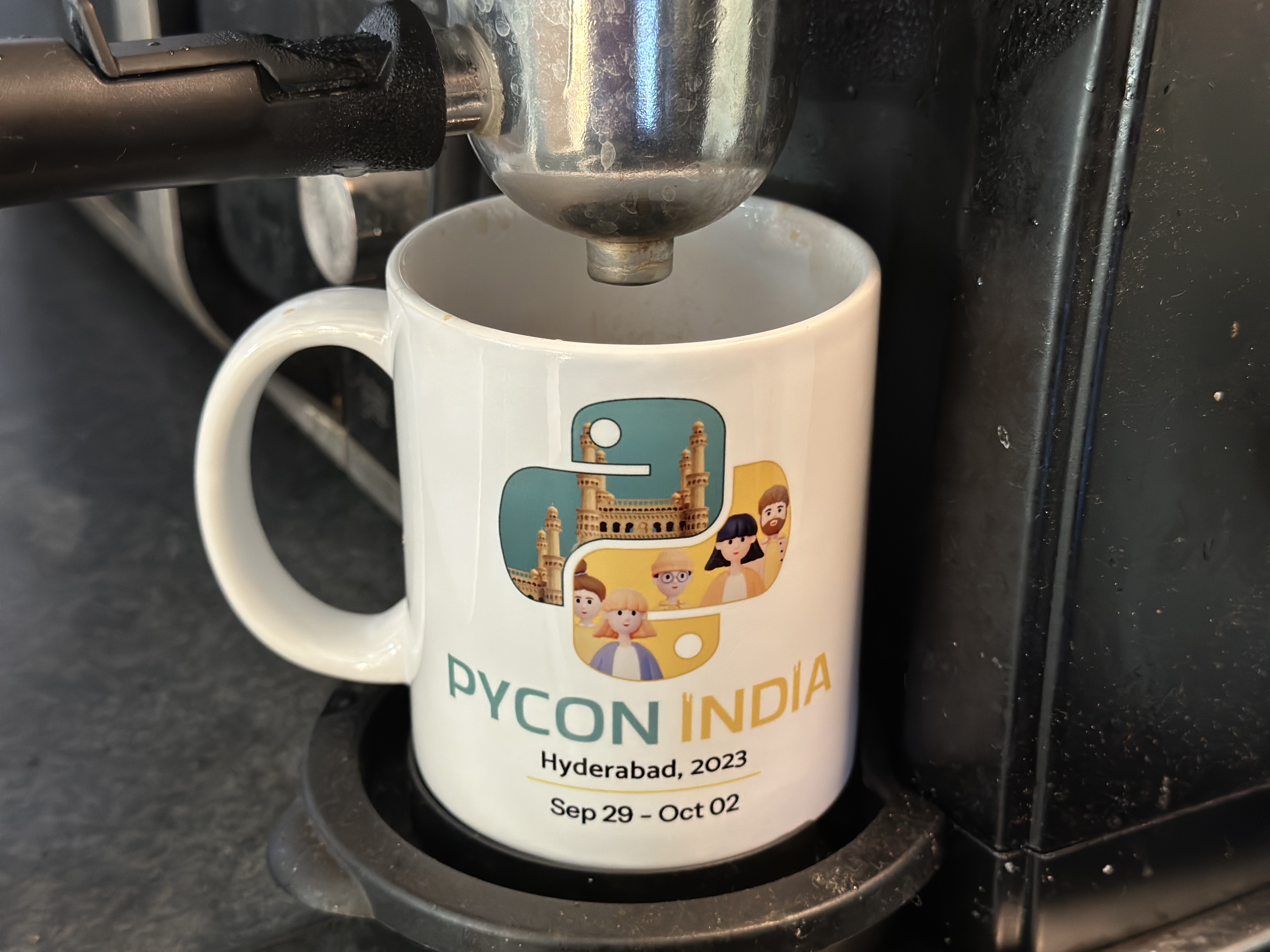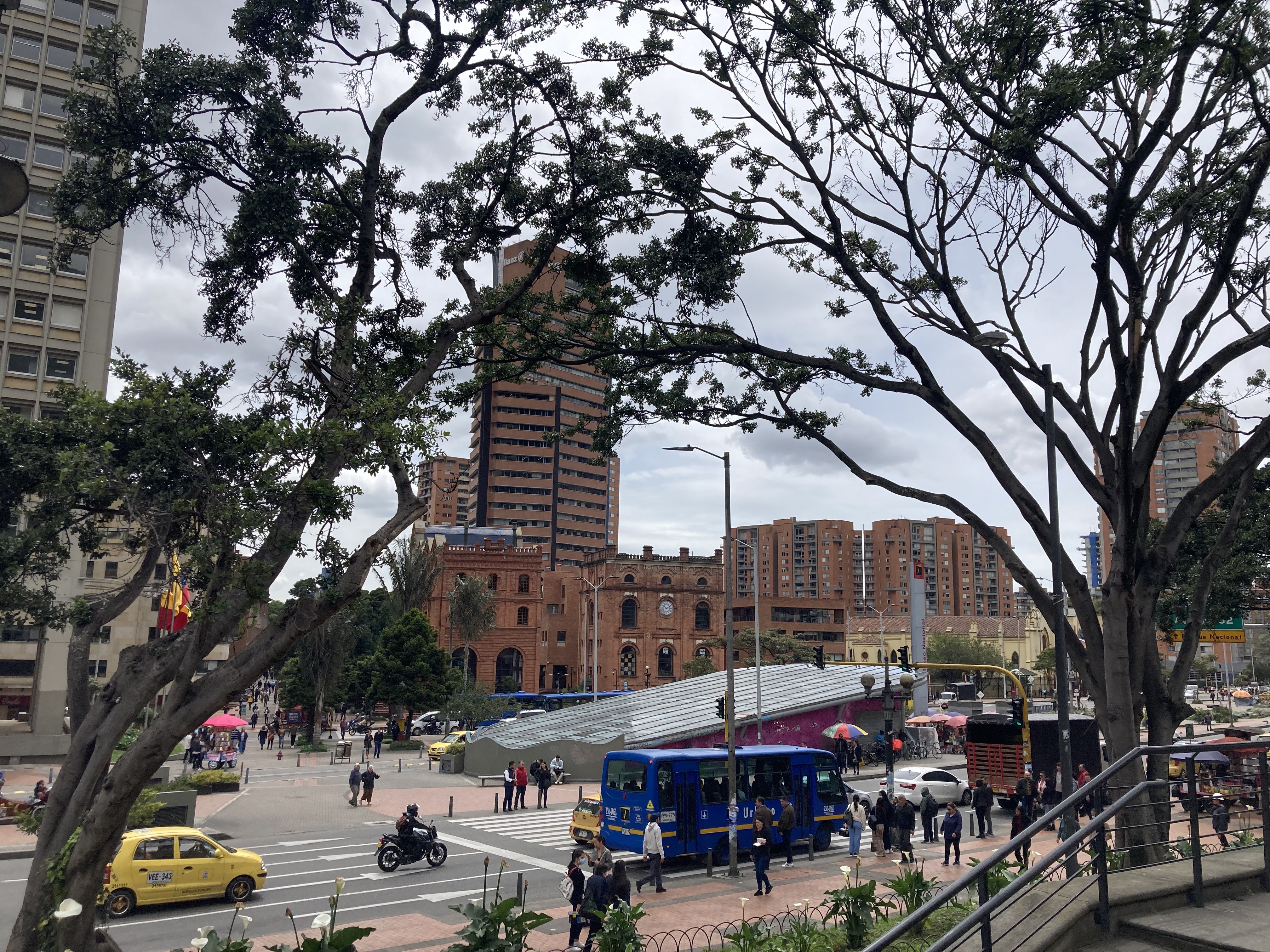Why I support DjangoCon Africa
Recently there have been debates on the internet regarding the choice of the country where DjangoCon Africa will be held. There is a very touching and powerful blog post by my friend Daniele Procida which was echoed in the Python community. I am not without thoughts and after discussion with other PSF board members and the PyCon APAC community, I would like to put some of my thoughts here.
First of all, I have to clarify that I am representing here my own opinion, not representing the PSF board or any communities that I am part of.
What happened with DjangoCon Africa
DjangoCon Africa applied for a PSF grant and since the grants working group cannot make a recommendation, it was passed to the board to make a decision. During the board meeting in September, there was a brief discussion regarding choosing Tanzania, a country where homosexuality is illegal, as appropriate. Unfortunately, due to a lack of time to discuss this issue properly, the vote to provide the grants did not pass and another vote need to be carried out. This caused delays in the grant approval and spake debates throughout the communities.
Although the grant, at the time of this blog post, is approved. I cannot ignore the arguments on both sides, especially when I am involved in several international Python conferences, being one of the board members of PSF and someone who just joined the grants working group. I would like to listen to different opinions from the Python community and formulate some thoughts while this issue, the criteria for giving grants, will be discussed further in the future.
The PSF board and grants working group also decided to review the decision-making process to avoid delays of any grants in the future.
Why I support DjangoCon Africa
In the past, while I was serving the EPS board, I insisted that when deciding on the location of EuroPython, picking a country that is relatively safe for everyone (especially folks from the LQBTQ+ community) is important. However, this is not the same situation for DjangoCon Africa, in a lot of African countries, homosexuality is illegal (some even with the death penalty), and although there are several countries where homosexuality is not illegal, most of them do not have a noticeable size of Python community and some of them are generally not safe to travel to.
The organisers of DjangoCon Africa have made an effort to uphold the standard of a welcoming and inclusive community. The conference itself has a code of conduct and from my experience with the Django community, I entrust them would be able to create an oasis (a safe and welcoming environment at the conference) in a desert (not so friendly local law and culture). The choice of the location of the conference is limited, the local law is something that the organisers have no control over. Is it fair to remove support to a community where financial support would be most needed?
I believe we cannot rigidly impose the same standard in Europe on a continent that is culturally, historically, economically and politically so different, I think that would be arrogant and ignorant about how privileged we are to be in a society where people can freely be who they are.
How to be inclusive and welcoming
I understand, that even if the conference is an oasis for folks to feel safe, they still have to travel through the desert to get there. It is legitimate to not put yourself at risk if you think it is unsafe to go there. However, in cases like this choosing Tanzania to host DjangoCon Africa does not mean that the organisers are intentionally excluding an under-represented group of people, it is a lack of options.
Our world is not perfect, there will be situations that it is safe for one under-represented group but not for another. I think the key is to have an open and civil discussion when making the decision. Have the organisers considered the safety and needs of some groups of people, especially the under-represented groups? Has the opinion of the community been heard? What are the alternatives and if there has to be an exclusion to one under-represented group, is there an inclusion to another?
During the pandemic, we have figured out how to include folks who cannot attend conferences in person for any reason. Although I agree that the experience online and in-person are different, we can try to put energy and resources into making sure the participants online can get the next best experience they can. If a conference location is rotating and there are options, make sure all under-represented groups get a chance to attend the conference every once in a while.
According to the Python Community Code of Conduct, members of the Python community are open, considerate, and respectful. This kind of discussion is uncomfortable, it is hard. But it is healthy for the community to openly talk about it respectfully so we understand the viewpoints and needs of members in the community no matter what their identities are. Look at our community and compare it to the past. We keep upholding our values and make improvements, if we can do that in the past, we can do it now.
I will not be going to DjangoCon Africa in person this year for personal reasons. I would love to go. Please support DjangoCon Africa whether you will be attending in person or not. If you want, you can donate to them and this can help more people in the African community to learn Python and opportunity to be connected to the wider community.
Support DjangoCon Africa via donation
I am also happy to talk about your concern regarding of the criteria for PSF grants in the future, or as an organiser how to make sure your conference is welcoming and inclusive. You can find my online presents on the top of this website or email me at: me [at] cheuk [dot] dev



